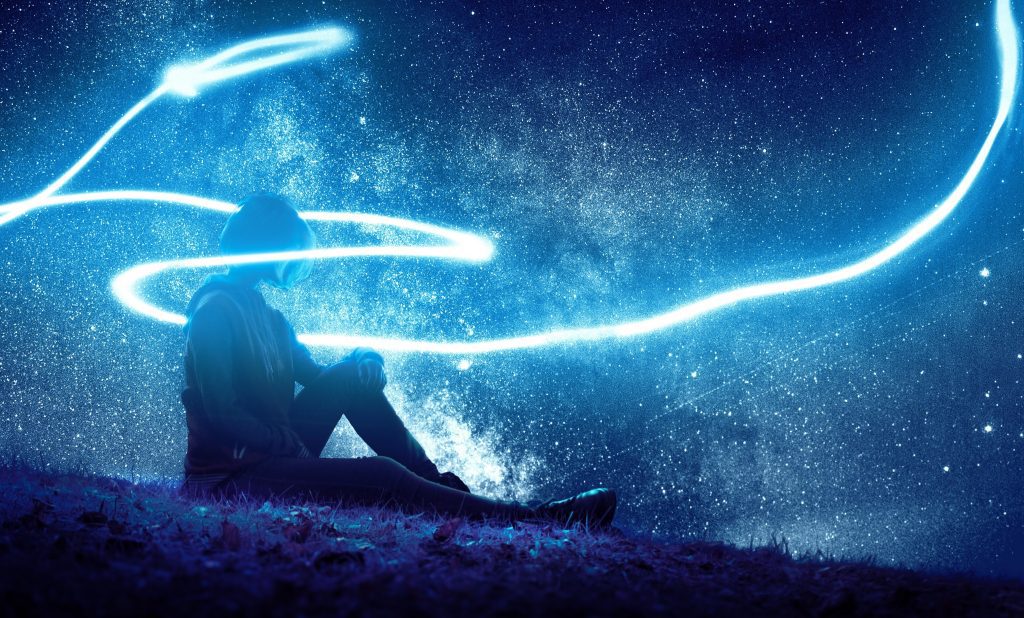For decades, people have been researching the meaning and science behind dreams. What causes us to have dreams? Why do some dreams feel so real? Is there any truth behind them? In the nineteenth century, there was a popular theory which circulated throughout the world suggesting that dreams were centred around the notion of repressed longing and had a deeper psychological meaning. As technology and science have developed, there are now hundreds of beliefs and statements in regard to the science behind dreams.

What are dreams?
Dreams are a universal human experience that can be described as a state of consciousness involving sensory, cognitive and emotional occurrences during sleep. Dreams can be scary, funny, random and sad, and strange combinations in our dreams can make us more creative or help us solve real-life issues. Although it’s difficult to describe what a dream is, these are known as visual scenes, faces, sounds and tastes which are experienced during stage 5 of sleep.
Facts about dreams
- Everyone is thought to dream between 3 and 6 times per night
- Dreams typically last between 5 and 20 minutes
- Around 95% of dreams are forgotten before a person wakes
- Dreams can help with long-term memory

Dreams and memory
Researchers have discovered that having dreams is important for human memory. Memories move from temporary storage in the hippocampus which is important for short-term memory, to permanent storage in other areas of the brain. This makes the memories easier to remember later on in life. Memories can improve with sleep as they are replayed and remind the brain of certain events, people or feelings.
Dreams and creativity
Although some dreams are forgotten or distant, many dreams can provide a creative boost in terms of visions, ideas and inspiration. Dreams can lead people to unique thoughts and ideas which may be combined with memories or recognisable perspectives. Due to the complexity of dreams, the brains creative outlook can take many new routes which might not come as naturally to the person.
The link between dreams and emotions
Dreams are ignited by emotion, and one study even found that the majority of dreams are scary angry or sad. This is because humans tend to remember emotional events and they stay in our minds and thoughts for longer. Dreams could also help prepare us for emotional upcoming events, through something called threat simulation theory. This theory states that threats are simulated or rehearsed in your dreams to prepare you for situations in the real world. As dreams can also feel so real and vivid, when we experience scary or sad scenes, our brain is still reacting to these in its natural way. Many people may wake up crying or scared from a dream as this is their natural reaction to traumatic events. Studies also show that by processing emotions in our sleep, we can be better prepared for the following day.

Nightmares and lucid dreams
Nightmares are distressing dreams that cause the dreamer to feel a number of disturbing emotions such as reactions of fear and anxiety. There is also a dream named a lucid dream where the person is aware they are dreaming and may have slight control.
Improving sleep with Optml
Optml welcomes a two-step formula consisting of Rise, to assist you during your daily life, along with Rest, which introduces a positive night’s sleep. Packed with natural, botanical ingredients such as Vitamin C, chamomile flower, lavender flower and ashwagandha root extract, your body gets the support it needs in a simple form. Optml’s rise and rest formula are ideal for those looking to get a balanced lifestyle and improve their general health.
Try Optml today and discover the benefits of increased energy, a better mood and a peaceful night’s sleep!